
As the nation’s premier Jewish leadership summit — the 2018 Jewish Federations of North America General Assembly — hits Los Angeles, we asked innovators, educators and community leaders to weigh in with their ideas for the Jewish future.
These are just the beginning. Over the next few months, we will be reaching out to more people for more ideas, and will publish many of them in print and online. If you’d like to contribute, send your great idea (in 100 words or less) to editor@jewishjournal.com.

Create a Reverse Birthright
Avraham Infeld, Renowned Israeli Educator
The “wow” experience of thousands of Taglit-Birthright participants is the sudden realization that what they thought being Jewish is, is not necessarily so. Israeli-Jewish youth are desperately in need of a similar experience that can be achieved only by educationally well-structured visits of thousands of Israeli youth to Diaspora Jewish communities. Ensuring our remaining one Jewish People is essential, achievable and well worth the investment. The time for a reverse Birthright is now!

Recruit Future Rabbis the Way Sports Teams Scout Talent
Janice Kamenir-Reznik, co-founder, Jewish World Watch
We are in dire need of more dynamic and innovative rabbis from diverse backgrounds and fields. To attract them, we need to proactively cull high school youth groups and university student bodies, recruiting the best and the brightest the way sports teams search for talented athletes. I propose a diverse team of excellent, highly specialized and trained recruiters, jointly funded by all of the seminaries and the national Federation system. This squad would devise a strategy and, with purposeful intention, set out to find tomorrow’s rabbis and synagogue leaders. By increasing the number of dynamic and exceptional leaders, we can reach new heights.

Introduce a New Kind of Conversion
Rabbi Yosef Kanefsky, B’nai David-Judea Congregation
In a time and place in our history when Jewish identity often is amorphous and tenuous, all of us together should adopt the practice of universal Jewish conversion. Upon reaching the age of 20, all Jews would undergo a conversion to Judaism, a ceremony that involves an articulation of faith, an affirmation of commitment and immersion in a mikveh. Naturally, the precise requirements and content of the ceremony would vary from one movement to another, from one synagogue to another, and from one Jewish organization to another; for instance, as organizations such as Jewish World Watch, StandWithUs and Bend the Arc would all have their own programs.

Promote Israel-Diaspora Connections
Zev Yaroslavsky, Former Los Angeles County Supervisor
American Jewry always has found common ground with Israel. However, there is a growing sense that the younger generation is finding less with which to identify on issues such as civil liberties and religious and political tolerance. I propose that Israel and the U.S. establish a nonpartisan Israel-Diaspora Initiative consisting of top leaders from both sides whose exclusive mission will be to nurture and strengthen the relationship. The objective would be to bring our communities closer together in shared values, understanding and mutual respect. United, Israel and Diaspora Jewry are stronger. Divided, we will sow the seeds for a growing divide.

Actively Include Everyone
Michelle K. Wolf, executive director, Jewish Los Angeles Special Needs Trust
We need full disability inclusion of every member of our community, from the smiling kindergartner with Down syndrome to the towering, young adult with nonverbal autism who doesn’t speak but has a whole universe spinning in his head. We need large-print and Braille siddurim at every synagogue, and American Sign Language interpreters at every communal function. We need to replace the stigma of mental illness with empathy. This communal embrace requires more than just nice words — it requires proactive efforts. We need inclusion to be an everyday, year-round activity that is as deeply embedded as the parchment scroll in every mezuzah.

Give People Meaning
Rabbi Ed Feinstein, Valley Beth Shalom
Addressing the General Assembly in 1965, Abraham Joshua Heschel implored us to remove two words from our vocabulary: “surveys” and “survival.” “Our community is in spiritual distress,” he said, “Our disease is loss of character and commitment, and the cure cannot be derived from charts and diagrams. … The significance of Judaism does not lie in its being conducive to the mere survival but rather in its being a source of spiritual wealth, and source of meaning. …” There is yet more jargon we need to excise: “marketing,” “engagement,” “millennials.” Heschel was right: Our community is waiting impatiently for an assertion of collective purpose and a narrative of transcendent meaning. That’s the only “big idea” that matters now.
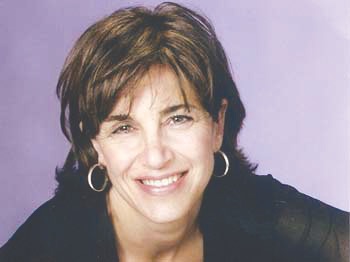
Mentor One Another
Rhoda Weisman, dean, Graduate School of Nonprofit Management, American Jewish University
In this age of disruption and innovation, millennials and boomers have knowledge, skills, experiences, values and wisdom unique to each of them. The InBetween Fellowship would pair boomers and millennials for a year to better one another through reciprocal mentoring. From creating satisfying career paths to personal lives informed by Jewish celebration, to understanding the latest social-media technologies, both generations will help each other to find deeper meaning and relevance in their lives.
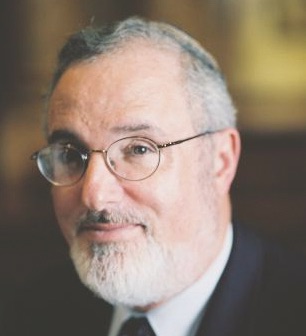
Take Judaism Seriously
Rabbi Marc D. Angel, rabbi emeritus of Congregation Shearith Israel, New York City
The Talmud (Yoma 86a) quotes the sage Abayei, who interpreted the verse “And you shall love the Lord your God,” to mean that “the Name of Heaven should be beloved because of you.” Our words and deeds should inspire people to come closer to God and Torah, not repel them from God and Torah. Here is my paraphrase of the ensuing talmudic discussion: If someone studies Torah, is honest in business, speaks pleasantly to others, people will say, “How fine Judaism is! How righteous are the Jewish people!” The one essential point is: take Judaism seriously, proudly, naturally. Do your best and do not judge others. If we live a beautiful and righteous Jewish way of life, we can indeed be a “light unto the nations” — and a light unto our own selves and our families.
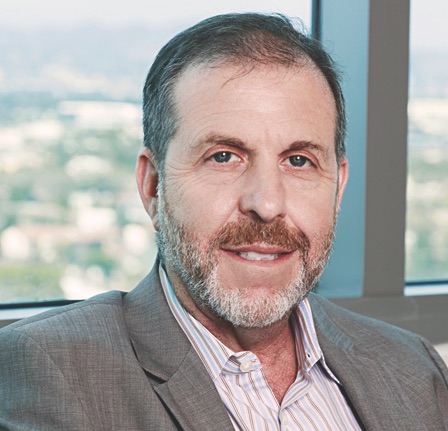
Meet Jews Where They Are
Jay Sanderson, president and CEO, The Jewish Federation of Greater Los Angeles
The single best idea for the Jewish future is not one idea. It’s a change in mindset. We need to reimagine Jewish life to be more dynamic, more accessible, more engaging and more inclusive. We have to understand that we need to meet people where they are in their lives and in their Jewish journey and not expect them to come to our institutions. We have to be open to redefining Jewish engagement and transforming our Jewish community.

Learn and Practice Dignity
Rabbi Jill Berkson Zimmerman, founder, The Jewish Mindfulness Network
The Dignity Project would be a collaborative, international dialogue process in which people and leaders from all streams of Judaism would learn together and create shared agreements for how to treat one another with dignity, and guidelines for respectful conversation. We would explore existing Jewish texts about dignity and bravely tackle the multilayered dimensions of understanding the “Other.” We would examine the underlying thought processes and behavior that has led to the debasement of women and men, as revealed in recent, widespread sexual impropriety allegations. We’d address the rampant divisiveness among opposing political conversations. We would meet cross-denominationally, online and in person.

Build Wisdom and Virtue Academies
Rabbi Mordecai Finley, Ohr HaTorah Synagogue
In addition to the other things that synagogues do, make them into wisdom and virtue academies, machon chochma umiddot. Wisdom includes insight into yourself, into others, and understanding where people are in the process of things. Virtue includes not acting in ways that are hurtful to others or your own well-being (osher in Hebrew), and reaches all the way into the transformation of character. Most people suffer because they don’t think well and because they cannot restrain their behavior (anger, for example) in a moment of stress, when the yetzer harah (the evil inclination) is trying to hijack our behavior. Help people become wise and strong!
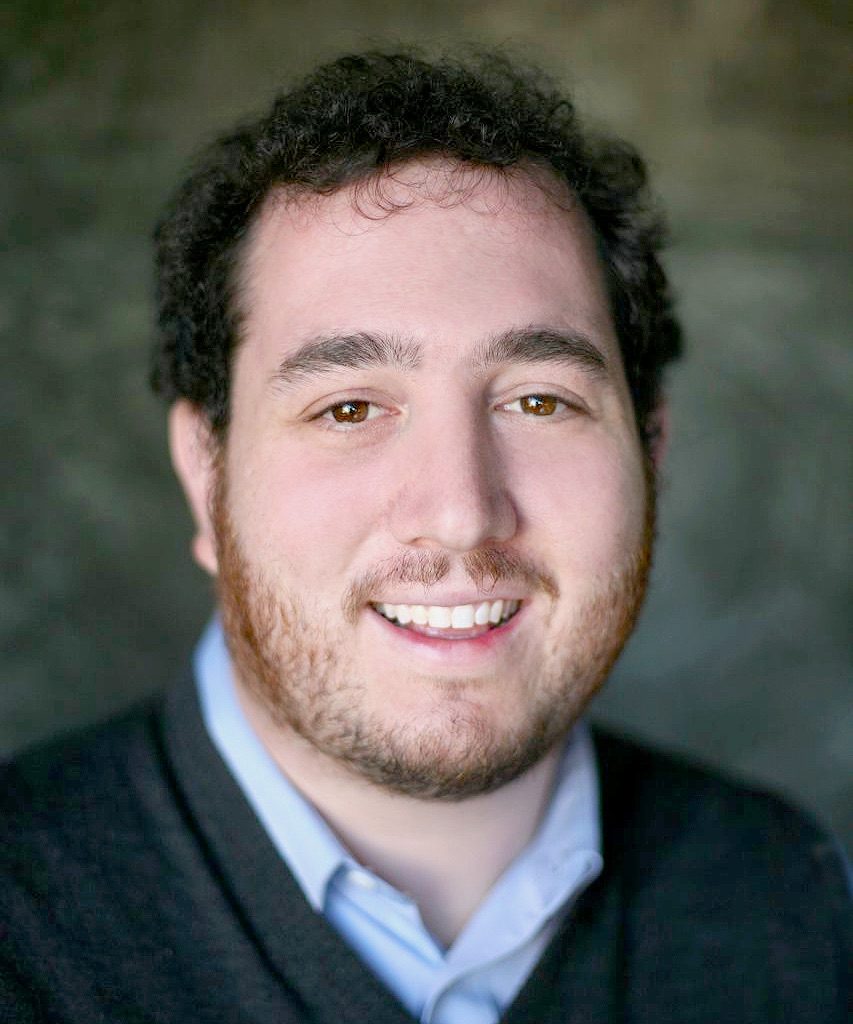
Embrace Newcomers
Rabbi Adam Greenwald, director, Miller Introduction to Judaism Program, American Jewish University
Despite the fact that nearly 1 in 6 American Jews are converts, Jews by Choice are often forgotten in our communal conversation. Last year’s Slingshot Guide to Jewish Innovation contained not a single organization with conversion as a part of its mission. This is a tremendous blind spot in our institutional ecosystem. America’s spiritual landscape is increasingly characterized by dynamic movement between religions, and Judaism’s unique blend of intellectual openness, devotion to community, and passion for ethics has the potential to be tremendously attractive to people of all backgrounds seeking meaning and identity. Our commitment to not just accepting, but deploying our resources to actively embrace newcomers to our Jewish family is essential to our future vitality.

Invest in Boomers
Rabbi Laura Geller, rabbi emerita, Temple Emanuel of Beverly Hills
Invest in baby boomers, a huge population alienated from Jewish institutions that are focused on families with young children. Boomers have time and talent and want to give back to the community. Most want to age in place. Their major fears are invisibility, isolation and dependence. In L.A., two synagogues teamed to create ChaiVillageLA, a multigenerational community that enables congregants to stay in their own homes by providing assistance to one another, enriching one another’s lives and giving back to society as part of a self-governing “virtual” village supported by Jewish values. Village members no longer feel invisible, are no longer isolated and now think not of dependence but interdependence. Temples that once were competitors now are partners. People are joining these temples in order to become part of the Village.

Expand the Boundaries
Tova Hartman, Dean of Humanities, Ono Academic College, Israel
Recently, we read that Abraham, upon seeing three approaching strangers, “ran toward them” (Genesis 18:2). Just as the mitzvah of tzedakah requires us to actively seek out those in need and then offer help, we must actively pursue welcoming. Learning from feminism about making those invisible visible, we must always ask: Whom have we ignored? Who is here, but unnoticed? The Jewish community has overdosed on who does not belong, on creating boundaries that exclude. It is time to open our communities and institutions to those who did not know they could claim them.
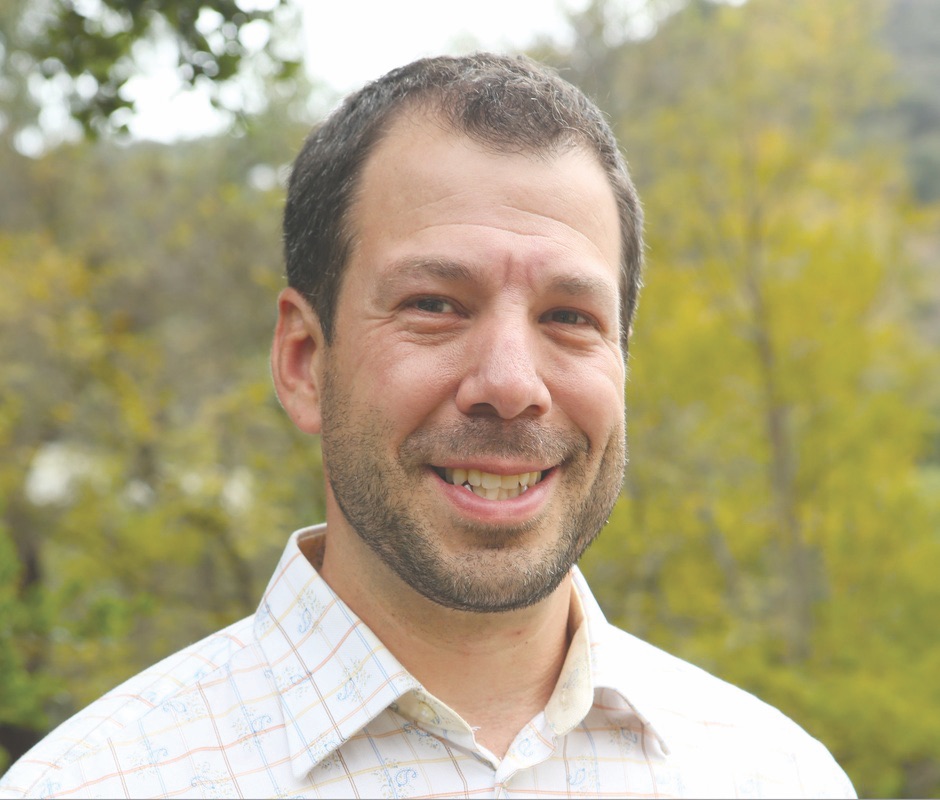
Engage High School Grads in a Year of Service
Avram Mandell, executive director, Tzedek America
I suggest a strongly encouraged and financially backed Jewish service year for high school graduates. Generation Z and millennials care deeply about social-justice issues and feel disconnected from Judaism. A Jewish year of service — supported culturally and with dollars — would benefit our country and the Jewish people. In addition to volunteering, these young people would experience supervised communal living, experiential Jewish education and communal Shabbat involvement. Let’s get them hooked on their Judaism and the idea of making the world a better place before their identities solidify and they head off to college.
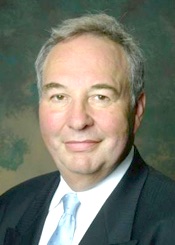
Give Tikkun Olam Context
Selwyn Gerber, CPA, Community Leader
Tikkun olam isn’t a Jewish idea, per se. It’s a wonderful universalist ideal. The sentence from which it is taken has a second half — b’malchut
Shadai (in the kingdom of God) — that largely has been silenced. Without an authentically Jewish component, it fades into the contemporary culture. Building a life and a home where the Shabbat table is a sanctuary, where the Jewish calendar becomes circuit-training for the soul, where each festival becomes an authentic self-improvement opportunity and then giving broad expression to being part of the Jewish people would give tikkun olam context and authenticity.

Make Learning Hebrew Fun
Rabbi Zoe Klein Miles, Temple Isaiah
Mystics spend their lives delving into the mysteries of Hebrew, believing it is the DNA of creation itself. But who has time for that? Many Jews have trouble engaging with Judaism because they cannot follow the prayer book, and they don’t believe they have the time or mental real estate to learn. Hebrew becomes an obstacle to participation rather than a vehicle for it. Let’s make learning Hebrew an event and fill theaters and stadiums with Jews and non-Jews, teaching the Alef Bet in an exciting, trend-worthy, memorable way, with music, comedy and graphics that are as simple as possible.

Birthright Beit Midrash
Rabbi Daniel Bouskila, Director, Sephardic Education Center
“Birthright Beit Midrash” —Jewish philanthropists would fund scholarships for adult Jews to attend ten-day intensive Jewish study seminars of their choice. In these seminars, Jews would strengthen their identity through exploring Jewish texts. The texts of Talmud, Maimonides, Kook, Uziel and Agnon would become the common language of every Jew, and in the words of the great writer Herman Wouk, the new Jewish greeting will become, “What are you learning?”























 More news and opinions than at a Shabbat dinner, right in your inbox.
More news and opinions than at a Shabbat dinner, right in your inbox.